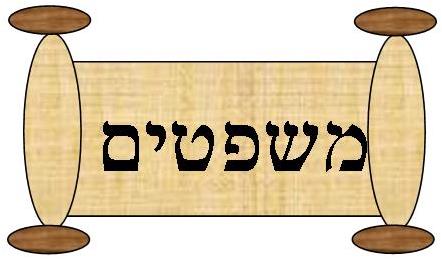Six days shall you accomplish your activities, and on the seventh day you shall desist… and your maidservant’s son and the sojourner may be refreshed.” (23:12)
Possibly one of the least understood areas of Shabbat observance is amira l’akum — hinting to a non-Jew to do something for a Jew that the Jew him or herself cannot do because of Shabbat. The basic premise of this prohibition is to preserve the other-worldly quality of Shabbat, for it would be all too easy to employ a non-Jew to continue one’s weekday activities without contravening a single Torah law. In other words, you could turn Shabbat into Saturday. For example, many people assume that if the circuit breaker trips and the lights go out at the Shabbat night meal one could hint to a non-Jew to turn them on again. This is not true. Except in certain specific cases, a Jew on Shabbat may not receive any direct benefit from the melacha (forbidden Shabbat action) of a non-Jew. There are many people who would never dream of allowing a cheeseburger to cross the portals of their dwelling (let alone the portals of their lips) but would cheerfully hint to the maid to turn the lights on on Shabbat Ignoring this prohibition, however, can lead to dire consequences — and not just in the world-to-come.
Rabbi David Ribiat relates the following story: Around the year 1800, there was a large fire in the city of Maerkisch-Friedland. Much of the Jewish quarter was destroyed and many homes had to be rebuilt. Rabbi Akiva Eiger, the rabbi of the city, issued a proclamation advising those rebuilding their homes to stipulate in their contracts with the builders that no work should be done on Shabbat or Yom Tov. The community was united in its observance of Rabbi Akiva Eiger’s degree, with one exception. The president of the community, who was extremely wealthy, wanted his house rebuilt as quickly as possible, and instructed his workers to work non-stop through Shabbat and Yom Tov. The protestations of the community and even the Rabbi himself fell on deaf ears, and the work proceeded unabated. Shocked by this flagrant breach of Halacha, Rabbi Akiva Eiger was heard to say that he did not expect the house to last very long.
Not only was the president’s house the first to be completed; it was undoubtedly the finest of the new homes.
Not long afterwards, and without any previous warning, one of the beams of the president’s mansion suddenly crashed to the ground. A subsequent investigation revealed that the beam was riddled with timber decay. Not only this, but the wooden frame of the mansion was similarly affected and the entire structure had to be demolished. A check was made of all the other re-built buildings, but not one of them showed the slightest inclination to dry rot. The engineers were at a loss to explain why only this particular house, built at the same time and from the same timber supply, was affected. The Jews of Maerkisch-Friedland, however, were in no doubt about the answer to this puzzling enigma.Prepared by Devorah Abenhaim
T: (514) 489-8411 F: (514) 489-3151
bethzion@bethzion.com







